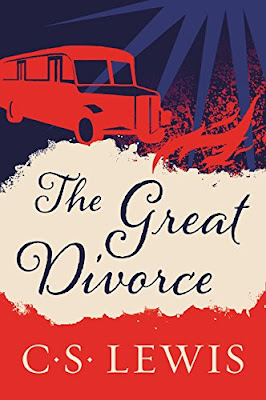Book in Review: Manalive
 Manalive is book I read over my vacation by G. K. Chesterton. It tells the story of 6 humdrum, modern adults as they stay together at Beacon House. Like most modern grown-ups these figures are similarly boring: dull, thoroughly scientific, reasonable, and unromantic. Trapped in the routines and confines of a busy modern world; alive, but barely. What they need, is the same thing many of us need: to be awaken.
Manalive is book I read over my vacation by G. K. Chesterton. It tells the story of 6 humdrum, modern adults as they stay together at Beacon House. Like most modern grown-ups these figures are similarly boring: dull, thoroughly scientific, reasonable, and unromantic. Trapped in the routines and confines of a busy modern world; alive, but barely. What they need, is the same thing many of us need: to be awaken.Then comes Chesterton’s hero, Innocent Smith. The guy is unquestionably weird, and every one of the "normal ones" (along with the reader) naturally assume Smith to be insane. He is tall, his head is too small, and his legs are always restless. He is childlike and impulsive. Climbing trees, dining on roofs, playing make believe games, giving his wife secret identities and then pursuing her as if she was his first love--the guy is strange to say the least. But in paradoxical Chesterton fashion, Manalive ends up showing how the insane one, is actually the sane doctor--sent to cure the disease of lifelessness from the dreary boardinghouse crew.
As one of the dull characters interjects: “Beacon house is a certain rather singular sort of house—a house with the tiles loose, shall we say? Innocent Smith is only the doctor that visits us…As most of our maladies are melancholic of course he has to be extra cheery. Sanity, of course, seems a very bumptious eccentric thing to us. Humping over a wall, climbing a tree—that’s his bedside manner.”
I have found Chesterton, much like his hero, to be medicinal to the ills of the modern world. And though written over a hundred years ago, Manalive is a story to be read and reread—a sort of jolt (or fire of the revolver so to speak) to a world that more and more resembles the walking dead. It calls us, no differently than it calls the characters in the book, to wake up, to love life--and to enjoy its gifts while we have it. For as Smith says:
“I don’t deny that there should be priests to remind men that they will one day die. I only say that at certain strange epochs it is necessary to have another kind of priests, called poets, actually to remind men that they are not dead yet.”



Comments
Post a Comment